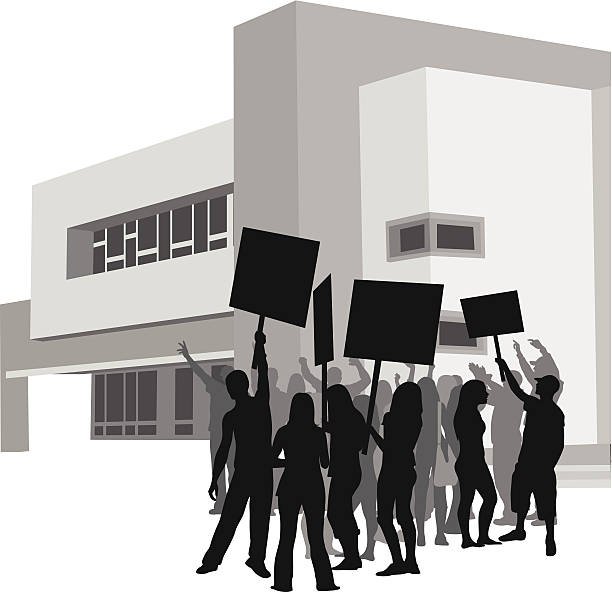Five Human Rights Violations by South African Universities towards #Feesmustfall Protesters
Skip to content
Skip to footer
Five Human Rights Violations by South African Universities towards #Feesmustfall Protesters
Five Human Rights Violations by South African Universities towards #Feesmustfall Protesters

